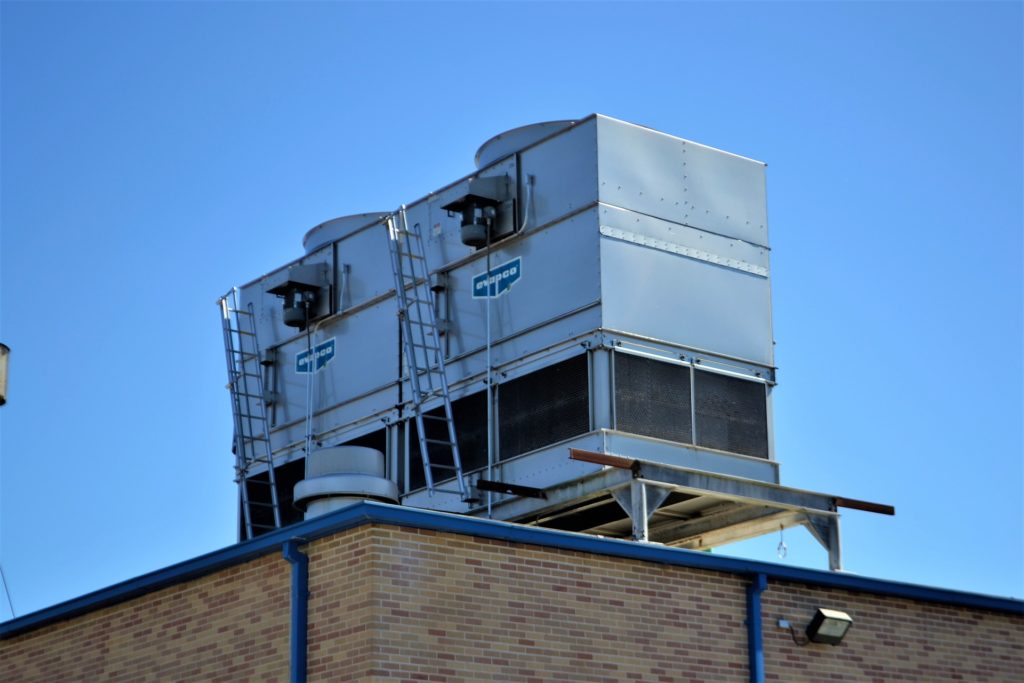As a commercial real estate investor or property manager, you may have heard the terms “Property Condition Assessment (PCA)” and “Facility Condition Assessment (FCA)” being used interchangeably. However, there are critical differences between these two types of assessments that are important to understand when making investment decisions or managing a property.
This blog will explore the question, “What’s the difference between PCA vs. FCA reports?”
We will delve into what each type of assessment entails, the goals they aim to achieve, and the key differences that set them apart.
Related: Commercial Property Inspection Guide
What Are Property Condition Assessment Reports (PCAs)?
PCAs, also known as property condition assessment reports or commercial building inspections, are crucial evaluations of commercial real estate properties. These assessments are typically conducted before the purchase of a property as part of the due diligence process during a property transfer.
The purpose of a PCA is to conduct a comprehensive inspection of all aspects of a commercial real estate space, including new and proposed improvements and all building systems.
Experienced professionals examine properties to identify damaged or failing systems and life safety issues. The assessment also includes a review of current capital needs and expected long-term capital expenses based on the useful life of the building systems and components.
This information helps prospective buyers understand the risk and liabilities associated with the property.
During a PCA, the following areas are inspected:
- Site and Grounds
- Structural Systems
- Building Envelope
- Interior Building Components
- Mechanical Systems
- Regulatory Compliance
The results of the PCA are documented in a report that is shared with both the buyer and seller, providing a clear understanding of the property’s current condition.
The Immediate Repairs Table and the Replacement Reserve Table are two crucial elements of PCA reports. These sections comprehensively understand the property’s current condition and future expenses.
Immediate Repairs Table
The Immediate Repairs Table highlights all essential repairs needed for the building systems and life safety components, along with their estimated costs. It allows potential buyers to understand the immediate capital expenses they must undertake after purchasing the property.
Replacement Reserve Table
The Replacement Reserve Table focuses on long-term capital expenses that the property may incur. It provides an estimated cost of replacing the building systems and components based on their expected useful life, typically within the next 12 years.
The Replacement Reserve Table provides a comprehensive picture of a property owner’s future expenses.
The Immediate Repairs Table and the Replacement Reserve Table are critical components of PCA reports that provide valuable insights into a property’s current condition and future expenses.
This vital information helps buyers make informed decisions and plan their finances accordingly.
Click Here to Contact Millman National Land Services Today!
What Are Facility Condition Assessment Reports (FCAs)?
In contrast to PCAs, Facility Condition Assessments (FCAs) serve a different purpose. FCAs are performed either after a property has changed ownership or when a long-time owner wants to reevaluate their space.
The primary objective of an FCA is to provide owners with a comprehensive understanding of their assets’ physical condition and value, as well as to develop capital budgets and prioritize resources.
A team of specialists typically conducts FCAs. However, they may vary in scope depending on the priorities of each facility manager.
However, most FCAs will evaluate the following:
- Routine and Deferred Maintenance
- Systemic Deficiencies
- Remaining Useful Life of Major Building Systems
- Capital Replacement Needs
- Compliance with Original Design and Engineering Intent
- Compatibility with Contiguous Systems
- Prioritized List of Repairs
- Total Building Replacement Cost
The results of an FCA provide facilities managers with valuable information to create effective management and maintenance plans, reducing costs and increasing productivity.
Unlike a PCA, typically a one-time document, an FCA is often a living document, updated with new data as time goes on. As such, it is crucial to have a proper data delivery method to ensure the information remains relevant and accessible over time.
Related: Drones, Virtual Reality, And Real Estate – A Complete Guide
The Key Differences Between PCA and FCA Reports
The critical differences between Property Condition Assessment (PCA) reports and Facility Condition Assessment (FCA) reports are:
- Purpose – PCAs are usually completed before purchasing a commercial real estate project as part of the due diligence process. FCAs are performed after a property changes hands or when an owner wants to reevaluate their space.
- Timing – PCAs are performed before a property transaction, while FCAs may be conducted at any time during a property’s ownership.
- Scope – PCAs examine the current condition of a property and highlight any potential issues that may affect the property’s value. FCAs provide a comprehensive evaluation of a property’s physical condition, value, and maintenance needs, with a focus on long-term asset management.
- Focus – PCAs focus on identifying and highlighting any issues that may affect the value of a property. FCAs typically concentrate on providing a comprehensive understanding of the property’s physical condition and maintenance needs and on developing capital budgets and prioritizing resources.
- Duration of Reports – PCAs are typically a one-time document. FCAs are often updated with new data over time and are intended to be living documents.
- Deliverables – PCAs provide a report shared between buyer and seller, while FCAs give an account that facilities managers use for long-term asset management.
Click Here To Place an Order With Millman National Land Services Today!
PCA and FCA Reports Provide Vital Information on Commercial Properties
Property Condition Assessments (PCA) and Facility Condition Assessments (FCA) are critical evaluations of a property’s condition and future expenses.
The Immediate Repairs Table and Replacement Reserve Table, included in the PCA report, provide in-depth information about the property’s current condition and future capital expenditures. It is crucial to have a complete understanding of a property’s condition before investing in commercial real estate.
These reports help buyers make informed decisions and plan their finances accordingly, reducing the risk of unexpected expenses and ensuring a successful investment.
The availability of nationwide companies that provide full-scale land services, like Millman National Land Services, makes it easier for individuals and businesses to obtain accurate and professional property condition assessments.
Related: Commercial Real Estate Investing – Getting Started









